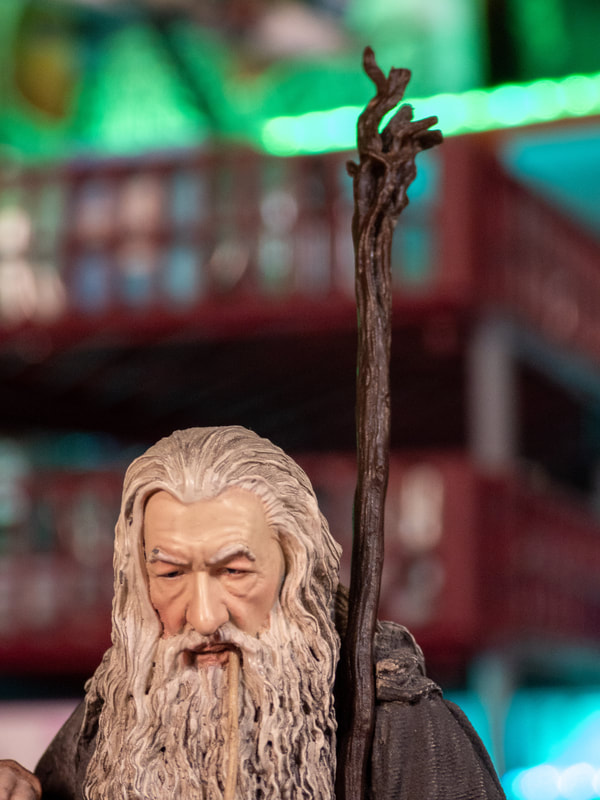In recent years, the pervasive force of racism has prompted countless discussions about our collective responsibility to combat discrimination and promote unity. The Bahá’í teachings, rooted in principles of equality and justice, provide profound insights into the racial divides that often fracture our societies. This discourse urges individuals to reflect deeply on their roles within these constructs and to recognize the pressing need for action following the Bahá’í principle that silence in the face of oppression is tantamount to endorsement.
To begin, it is imperative to acknowledge the historical context that shapes perceptions of race and racism. Societies across the globe have a sordid legacy marred by injustices inflicted upon marginalized communities. These systemic patterns have ignited a spark of curiosity in many, prompting inquiries into the motivations behind such biases. A prevalent observation is that, despite the advancement of human thought, deep-rooted prejudices continue to flourish. This reality begs an exploration of deeper, often unexamined factors influencing human behavior.
The Bahá’í Faith champions the notion of the oneness of humanity, asserting that all individuals, regardless of their racial or ethnic background, are equal in the eyes of God. This recognition of inherent equality serves as a foundation for addressing social injustices. The teachings elucidate that humanity is like a single entity, where disputes born from racial differences are analogous to discord within a body. When one limb suffers, the entire organism is compromised. Thus, moral and spiritual obligations compel individuals to advocate against racism and inequality, fostering harmony instead.
A key aspect of the Bahá’í perspective on racism is the concept of the “Unity of Humanity.” Central to this belief is the understanding that only through the eradication of racial prejudice can societies aspire to achieve true peace and prosperity. The teachings discourage segregation, urging individuals to transcend artificial barriers. This aspiration calls for a collective awakening; it urges the questioning of societal norms that perpetuate discrimination. The individual who remains silent in the face of such inequities betrays not only their conscience but also undermines the collective progress of humanity.
Furthermore, the Bahá’í writings emphasize the importance of knowledge and education as instruments of enlightenment. Prejudice, often rooted in ignorance, can be dismantled through informed dialogue and understanding. In a world awash with information, the onus is on each individual to educate themselves and others about the histories and realities of various communities. Ignorance often breeds fear, and fear, in turn, manifests as hatred. Thus, illuminating the narratives of marginalized groups fosters empathy and compassion—essential components for reconciliation.
Moreover, engaging in candid conversations about race often exposes deeply personal stories and historical traumas. The Bahá’í teachings encourage such storytelling as a means of validation and healing. Personal narratives serve to humanize abstract concepts; they create connections that transcend racial lines, fostering a sense of shared humanity. By articulating one’s experiences and listening to others, individuals dismantle misconceptions and spark transformative dialogues that galvanize collective action against discrimination.
While the Bahá’í Faith provides a robust framework for addressing racial issues, it also encourages individuals to examine their assumptions and biases critically. Self-reflection is a crucial first step in acknowledging one’s privilege or biases. It is through this personal inventory that individuals can unearth unexamined prejudices and take actionable steps towards remedying them. The act of introspection can be challenging yet necessary; it serves as a catalyst for broader social changes within communities.
Additionally, it is essential to recognize that combating racism is not merely an individual endeavor but a communal one. The Bahá’í community exemplifies this through its commitment to social action, collaboration, and advocacy for justice. Communities that unite to challenge systemic inequities lend strength and resilience to the struggle against racism. Moving beyond individual efforts, the emanation of collective action reinforces the principle of unity and supports the establishment of a more just society.
The intersections of spirituality, ethical responsibility, and social justice are prevalent themes within the Bahá’í teachings. Addressing issues of race and prejudice is not only a moral obligation but an integral aspect of one’s spiritual journey. To remain silent while atrocities occur is to neglect the very foundation of one’s beliefs. The Bahá’í perspective emphasizes that true spirituality necessitates engagement and advocacy for justice. Silence erodes the principles of love, compassion, and equity—the cornerstones of the Bahá’í Faith.
In conclusion, the Bahá’í teachings articulate a compelling narrative about the necessity of confronting racism and advocating for racial justice. Silence is not an option. Individuals are called upon to challenge the status quo, dismantle pervasive prejudices, and champion the cause of equality. By committing to self-education, engaging in meaningful dialogues, and participating in communal activism, humanity can forge a path towards a unified world. This journey demands courage and perseverance, but through collective effort, it seeks to cultivate an environment where racial harmony flourishes and all individuals can thrive together. The reflections on racism illuminate the path towards a noble goal—the realization of the oneness of humanity, a call whose resonance echoes through generations.
